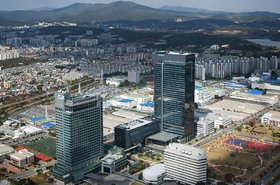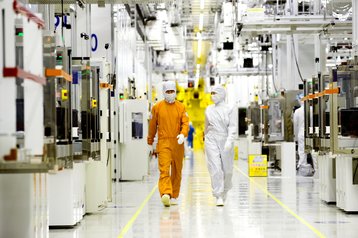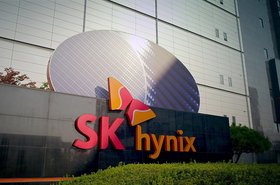Samsung Electronics is planning global job cuts of up to 30 percent across some divisions and has also made the decision to withdraw personnel from its chip fab in Taylor, Texas following repeated delays which has seen the company push mass production at the plant back from 2024 to 2026.
Separately, the company is meeting with the labor minister in the Indian state of Tamil Nadu to try and resolve strikes at its Sriperumbudur factory, which are now into their fourth day.
Citing three sources with direct knowledge of the situation, Reuters reported that Samsung has told its global subsidiaries to reduce sales and marketing departments by 15 percent and administrative staff by around 30 percent.
Impacted personnel are based across the Americas, Africa, Asia, and Europe but no further information was disclosed about the countries and business units that would be most affected. Samsung reportedly issued the job cuts mandate three weeks ago.
In a statement to Reuters, Samsung described the layoffs as “routine” and said they were aimed at “improving efficiency,” adding that production staff would be impacted.
Elsewhere, BusinessKorea reported that the company has faced a foundry yield below 50 percent for processes under 3nm, leading to delays in mass production at the site and Samsung making the decision to keep only a minimal workforce at its plant in Taylor, Texas.
In April 2024, Samsung received $6.4 billion in direct funding under the US Chips and Science Act to support the company’s planned $40bn investment in a semiconductor cluster split between two cities in central Texas: Taylor and Austin.
However, in June 2024 it was reported that the company was delaying construction at its Taylor fab in order to upgrade the foundry process at the facility from 4nm to 2nm. The upgrade was to allow Samsung to compete more directly with TSMC, which had already announced plans to start producing 2nm-class process technology in the US before the end of the decade.
The yield gap between the two companies has reportedly widened, with an industry insider telling BusinessKorea that “Samsung’s GAA yield is around 10-20 percent, which is insufficient for both orders and mass production."
It’s unclear what this decision could mean for Samsung’s eligibility to receive its CHIPS Act funding, as the agreement specifically related, in part, to the Taylor, Texas plant.
Samsung Electronics to meet India minister to try and resolve strikes
Following a summer of strikes at Samsung Electronics’ facilities in South Korea, workers at the company’s factory in Sriperumbudur, near the city of Chennai, India, are currently engaged in the fourth day of strike action, demanding higher wages and better hours.
Reuters has reported that to resolve the strike action, Samsung officials will hold talks with Secretary K. Veera Raghava Rao, the labor minister of India's southern state of Tamil Nadu. In comments to the news outlet, Rao said: “The government is sincere to resolve (the strike).”
According to a report from earlier in the week, posters with the words “Indefinite Strike” were seen outside of the factory, with workers having set up an encampment in order to stage their protest. It’s thought that approximately half of the factory’s 1,800 employees are taking part in the strike action.
More in Workforce & Skills
-

-

-

Discussion Skills & Worforce Hosted Lunch Briefing




